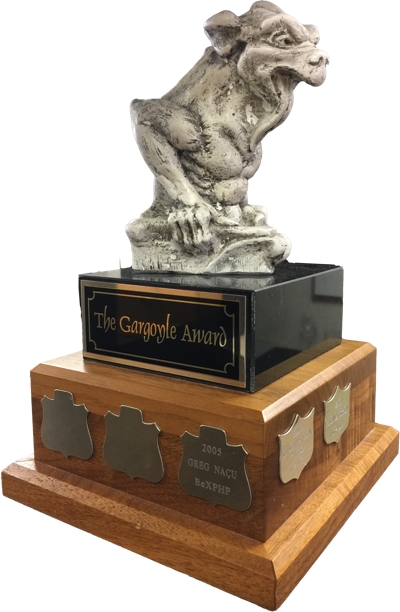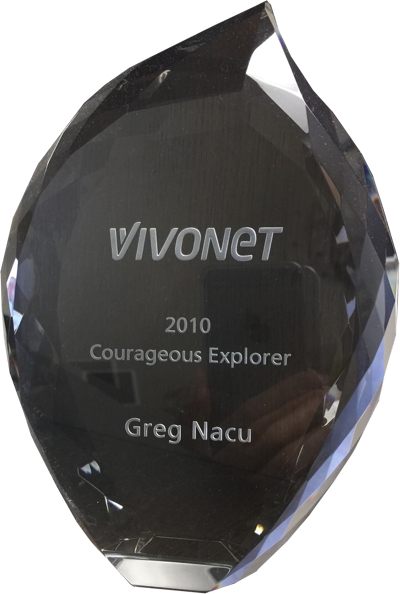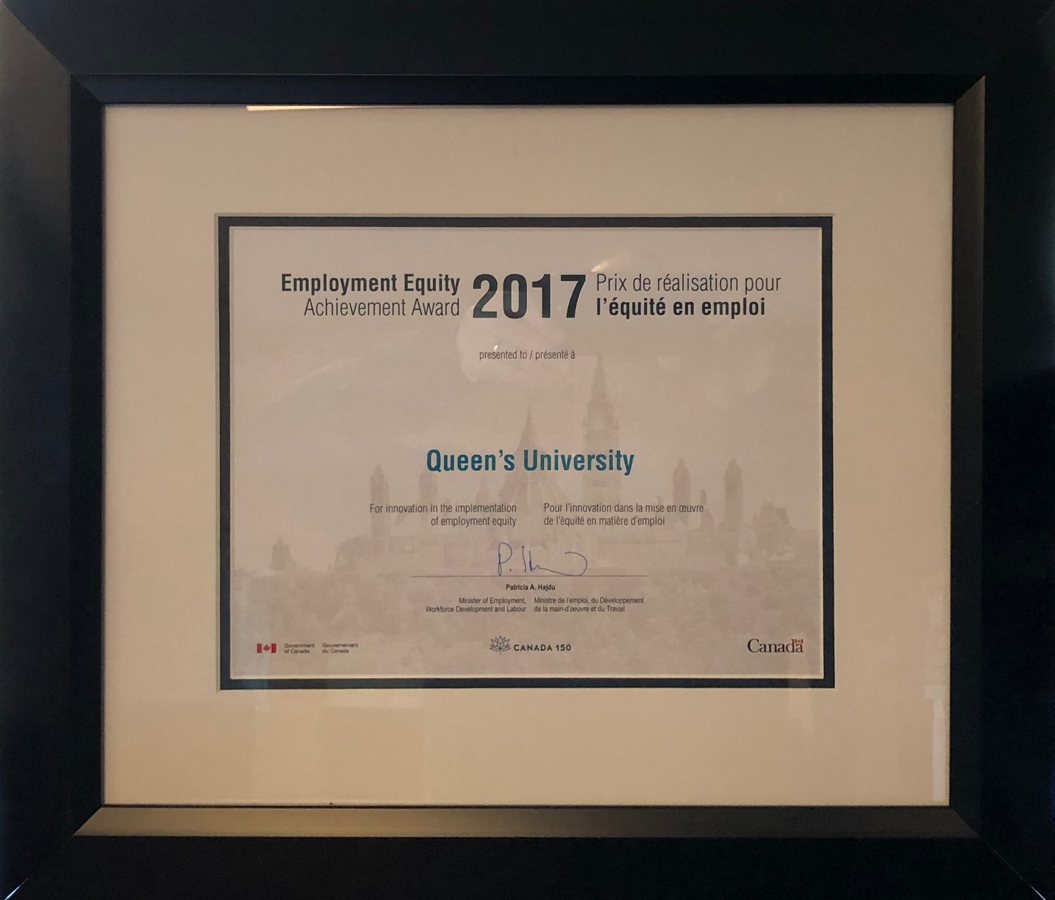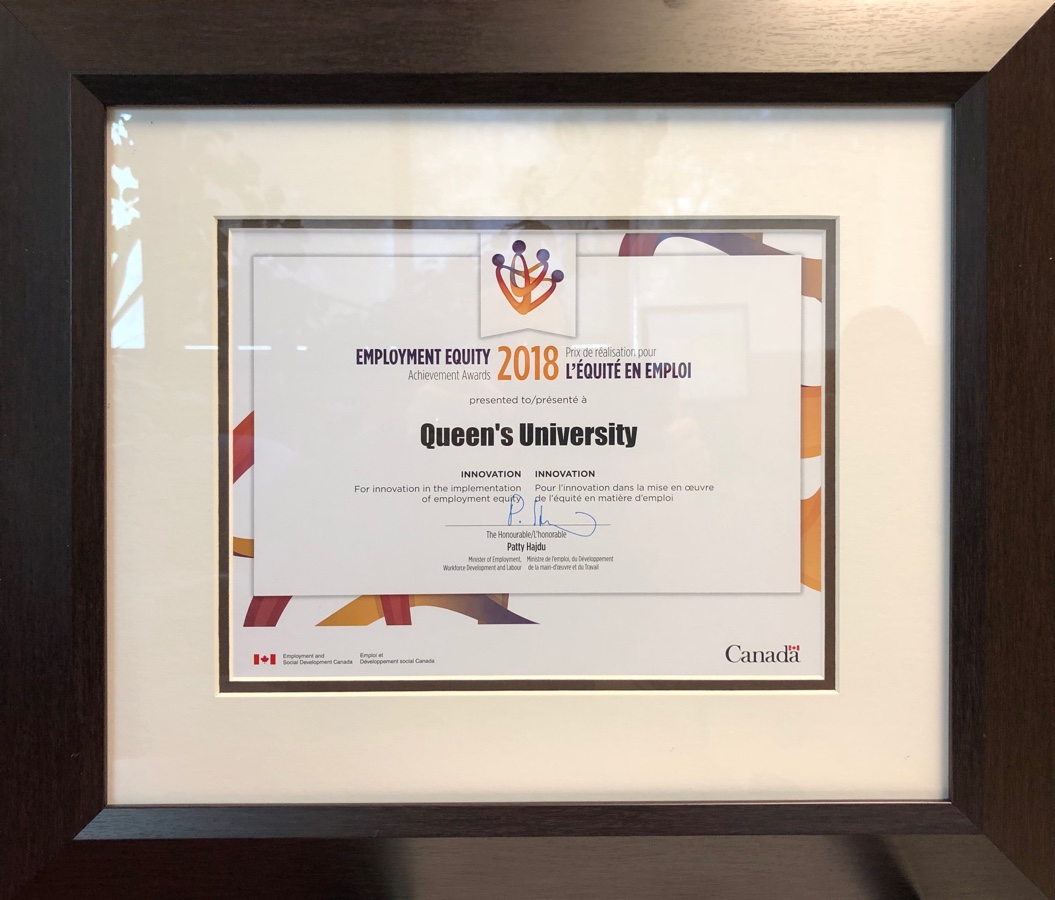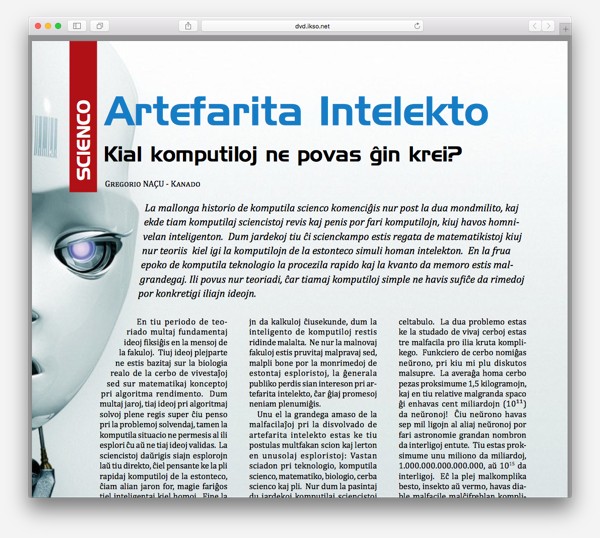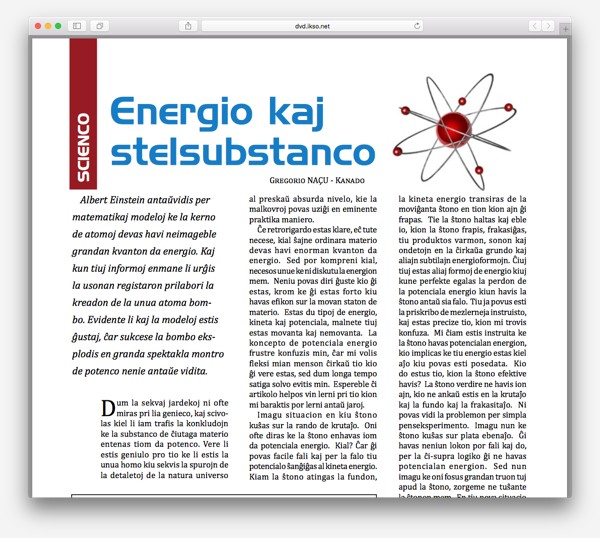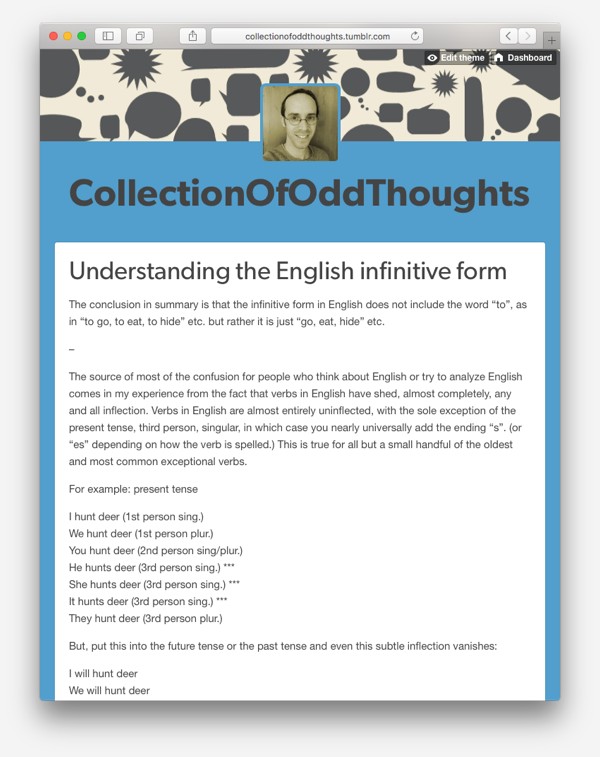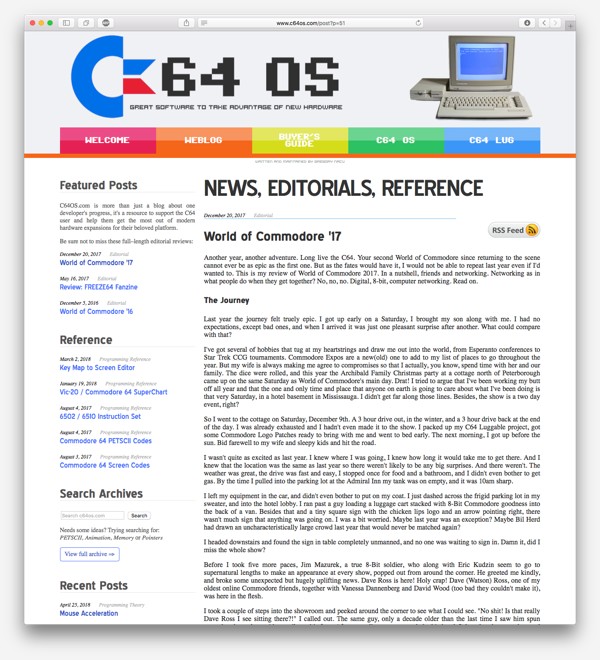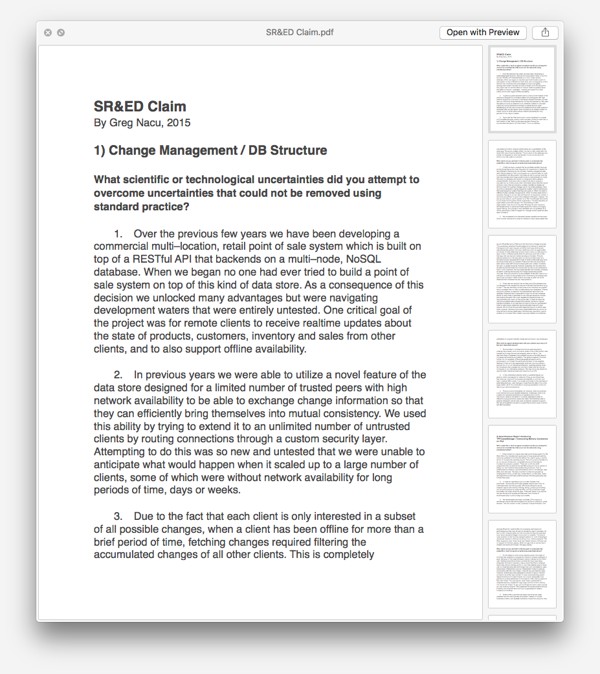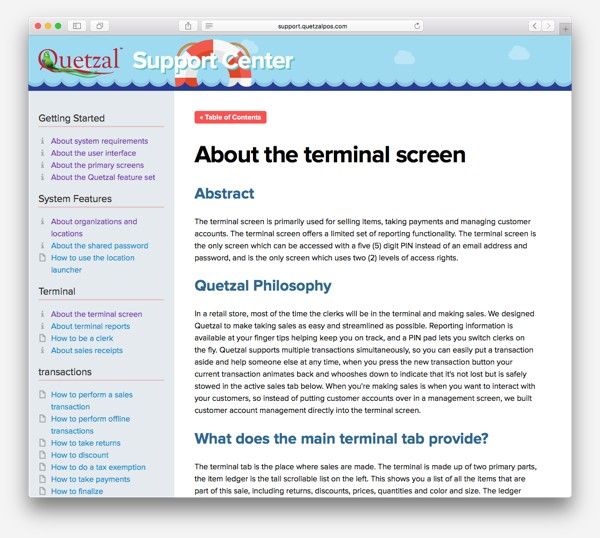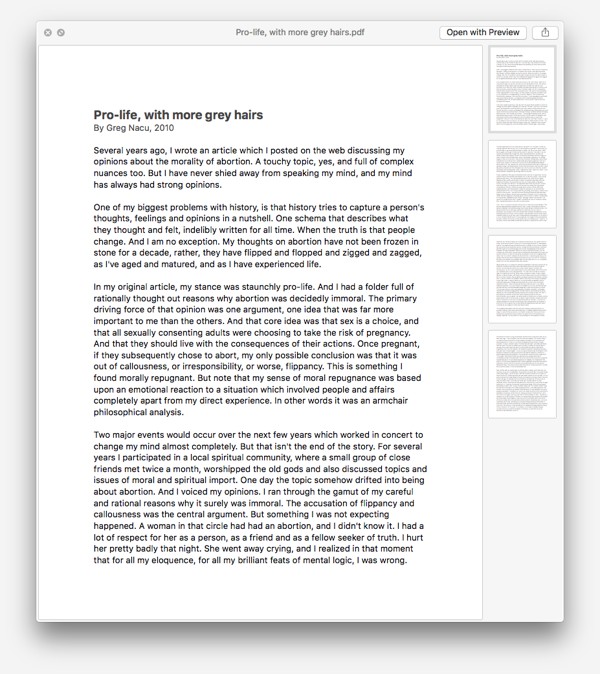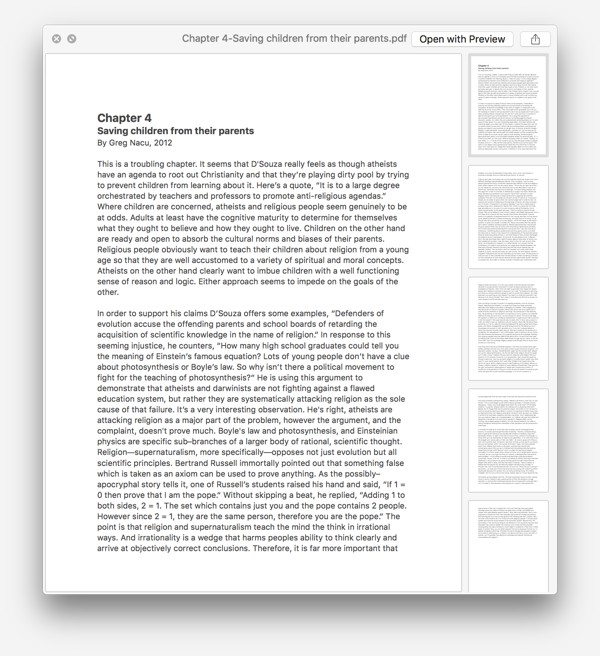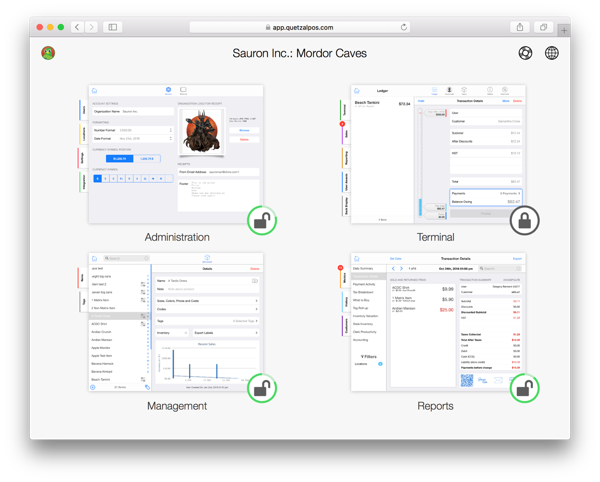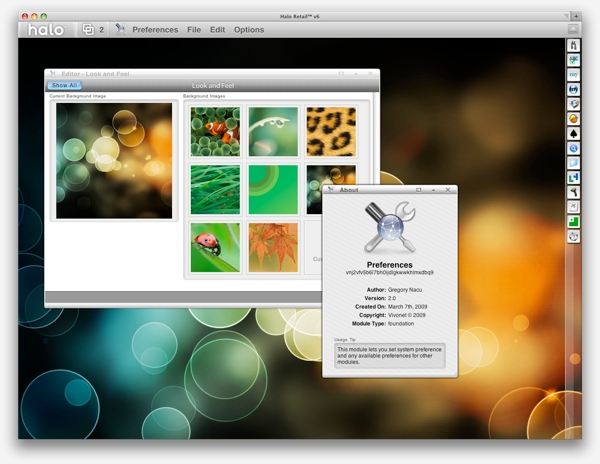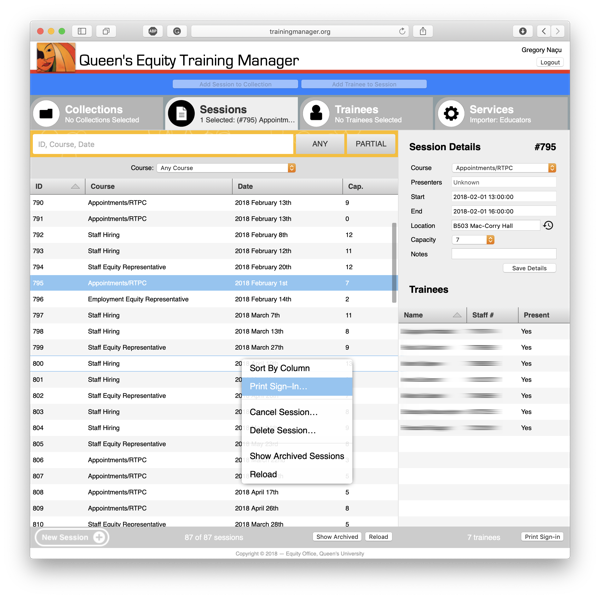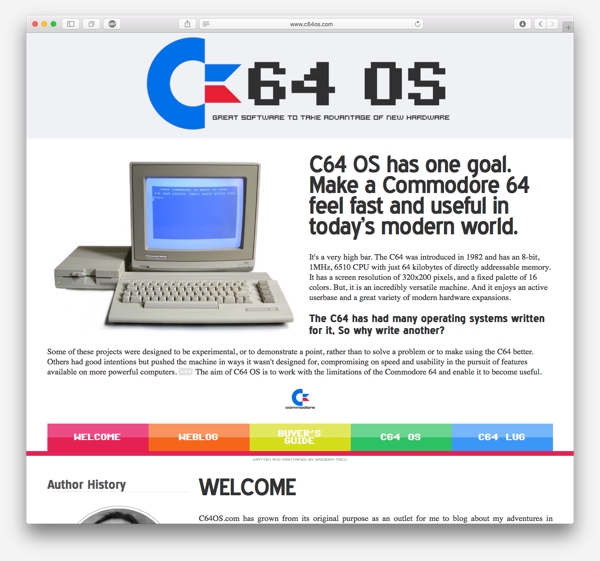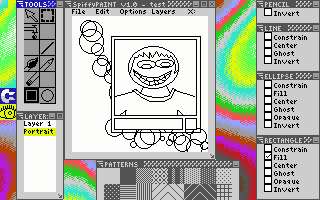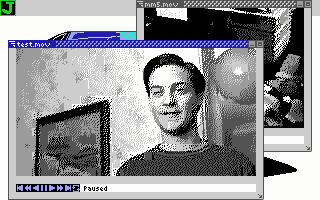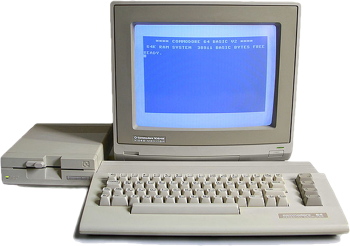1998 – 2000
Lab Assistant,
Millenium Biologix Corporation

Initially as a Grade 12 semester as a student work placement. They were so satisfied
with his work that he was hired for two subsequent summer jobs, at full pay.
He helped to design and carry out experiments in biotechnology, using special
equipment at Queen's University and the laboratory at headquarters. He performed
data entry, failure documentation and specimen cataloging, recording detailed
results for later analysis.
2001 – 2008
Lead Developer, Technical Lead,
DAS Software Inc

Initially hired as a junior programmer, refactoring existing software. He
quickly showed an aptitude for comprehending and managing large projects. He worked
on numerous client–services projects while learning about databases, networking and
software development best practices.
By 2005 he was the lead developer and technical lead for the company. He wrote and
introduced a fully redesigned web–based application framework, BeXPHP. On the
strength of this new platform the company began building a next generation retail
point–of–sale application, Squash POS. After a successful launch, the company, the
team and the BeXPHP/Squash POS technology were acquired by Vivonet Inc. a Vancouver
based restaurant point–of–sale company.
2008 – 2012
Lead Developer, Advanced Projects,
Vivonet Inc (
vivonet.com)

After the aquisition of DAS Software, Gregory took up a new role as lead developer of
retail. Squash POS was rebranded Halo Retail. Version 6 of the BeXPHP
framework was developed with an advanced windowing UI and widget toolkit.
Under Gregory's development lead the Kingston team was commissioned to work on advanced
projects. They developed Item Harmony, an enterprise–grade, massively multi–user,
menu management system for Sodexo. The project was one of Vivonet's best successes.
2012 – 2017
Co–founder, Lead Developer, Technical Lead,
Quiet Pub Ltd (
quetzalpos.com)

After Vivonet consolidated its remote teams, Gregory co–founded Quiet Pub Ltd with
Douglas Stewart. He led the architecture design and development of a new generation
of mobile retail point–of–sale for the iPad, Quetzal POS.
Quetzal remains unique in the market for Fashion, Clothing and Shoe POS. Offering
Multi–store, mobile and offline functionality, with realtime syncing of product,
inventory, transaction and reporting data. The market competitiveness of Quetzal
punches far above the weight of the small talented team that developed it.
2014 – 2023
Applications Developer,
Human Rights & Equity Office
Queen's University (
queensu.ca/hreo)

After almost 15 years in a corporate environment, Gregory decided to take a
part time position in the Human Rights & Equity office at Queen's University.
He accepted a full time position in the Equity Office in 2017.
Here, he is responsible for maintaining the security and consistency of the
university databases for employment equity, sexual assault crises, employment equity
training, exit surveys and staff and faculty appointments processes. He works on
numerous online applications that further the University's goals of complying with
Canadian law regarding employment equity and human rights.
2022 – Present
Founder, Director, Lead Developer,
OpCoders Inc (
c64os.com/legal/opcoders-inc)

Although Gregory is not an employee of OpCoders Inc and does not take a salary,
he is the founder, director and lead developer.
Gregory has used Commodore 8-bit computers since he was a child. He has a passion
for systems design, and began working on a new operating system for the Commodore
64, called C64 OS, in 2017. OpCoders Inc was founded in 2022 to facilitate the
v1.0 commercial release of C64 OS.
2023 – Present
Applications Developer,
Office of the Vice-Principal
(Culture, Equity, and Inclusion),
Queen's University (
queensu.ca/vpcei)

After 9 years in the HREO at Queen's University, Gregory moved to a new branch of
the Office of the VP: Culture, Equity and Inclusion, which oversees the work of the
Office of the Ombudsperson, Indigenous Initiatives, Compaints and Investigations,
and the Human Rights and Equity Office.
He continues to be responsible for writing, maintaining and supporting the
applications and databases originally developed for the HREO. At this higher
level of organization, the applications he developed are able to be more
effectively positioned for use by the whole university.

 “Or is it your reputation that’s bothering you?
“Or is it your reputation that’s bothering you?






